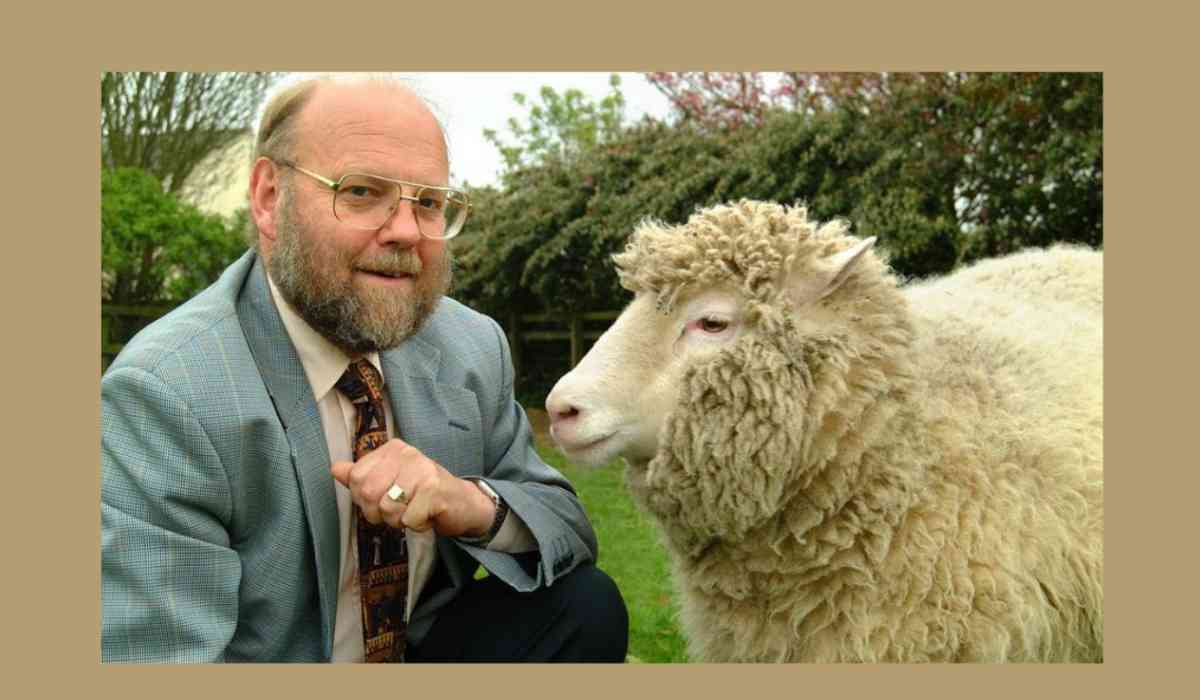Sir Ian Wilmut, the renowned scientist who led the team responsible for creating Dolly the sheep, the world's first cloned mammal from an adult cell, has passed away at the age of 79. This groundbreaking achievement, which took place in 1996 at the Roslin Institute of the University of Edinburgh, marked a significant advancement in genetic science.
Dolly, named after the country singer Dolly Parton, was the first mammal to be cloned using a process called somatic cell nuclear transfer (SCNT). This involved taking a sheep egg, removing its DNA, and replacing it with DNA from a frozen udder cell of a previously deceased sheep. Electric stimulation then triggered the egg to develop into an embryo without the need for sperm.
The birth of Dolly stirred global discussions about the ethics of cloning, leading to fears of human reproductive cloning. However, mainstream scientists largely ruled out this possibility as too dangerous.
In his career, Wilmut also focused on using cloning techniques to produce stem cells for regenerative medicine, contributing to research aimed at treating genetic and degenerative diseases by aiding the body in repairing damaged tissue. Sir Ian Wilmut's legacy extends beyond Dolly's creation, as his work continues to influence advancements in the field of regenerative medicine. His contributions to science have left an indelible mark on genetic research and animal cloning, and he is remembered as a titan of the scientific community.
Ⓒ Copyright 2023. All Rights Reserved Powered by Vygr Media.
























